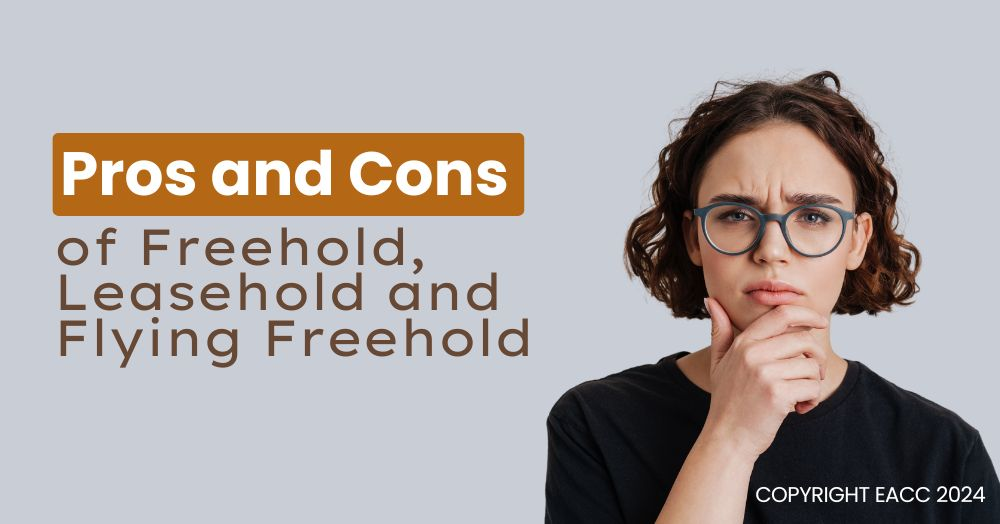Understanding How Property Leases Work
Understanding the various property tenures in London is helpful for homebuyers in making informed decisions.
In a world where jargon often replaces plain talking, this article demystifies the terms freehold, leasehold and flying freehold.
It highlights the differences and implications they have regarding property ownership.
Freehold
Freehold properties are the most straightforward type of ownership. Buying a freehold means you own the property and the land it stands on outright, without any time limit. It’s yours – forever, if that’s what you want. Freeholders have complete control over their property, subject to planning laws and other legal obligations. They are responsible for maintaining the property’s structure and grounds but have the freedom to make alterations without seeking permission from a landlord.
Leasehold
On the other hand, leasehold means purchasing the right to occupy land or a building for a set number of years. Leaseholds are common in flats and apartments and can range from short-term, like 60 years (approach with extreme caution), to long-term, over 999 years. Leaseholders own their property but not the land it stands on. They must pay ground rent to the freeholder and adhere to lease conditions, including restrictions on subletting, owning pets, or making structural changes. Leaseholders also face additional expenses, such as service charges for maintenance of common areas.
Share of freehold
This type of ownership is commonly found with apartment buildings or homes that have been divided into flats. Share of freehold means you own the leasehold of your property, and also a freehold share of the building in which your home is located and the land it sits on.
Flying freehold
Flying freehold is a less common and more complex type of property interest that occurs when part of a freehold property extends over or under another freehold property. This can happen in buildings divided into multiple dwellings, where one owner’s bedroom might lie directly above another’s living room. Flying freeholds often involves legal complexities because the overlapping parts may not be covered by the main property deeds, leading to potential disputes over repair and maintenance responsibilities.
When considering a property purchase, you must understand which type of ownership you are buying into.
In short, freeholds offer more control and fewer ongoing costs but are typically more expensive. Leaseholds may be initially cheaper but come with ongoing charges and potential restrictions. Flying freeholds require careful legal examination due to their unique complications.
Awareness of these distinctions will help you be better equipped to choose a property that fits your long-term goals and financial plans.
Contact us today if you have any questions about anything discussed in this article.

